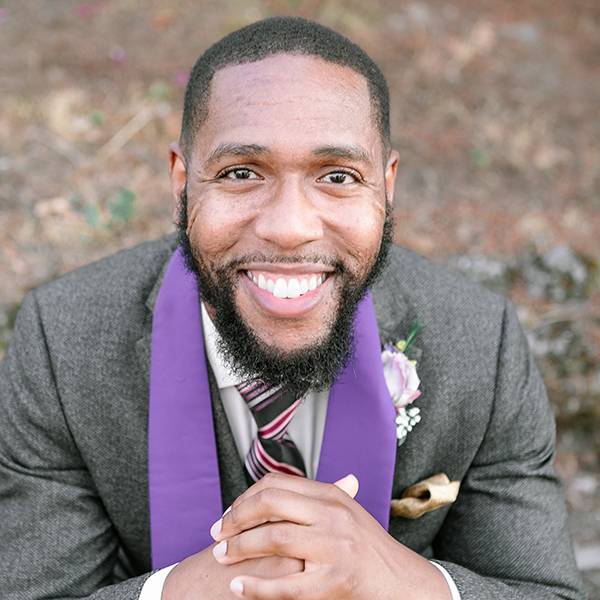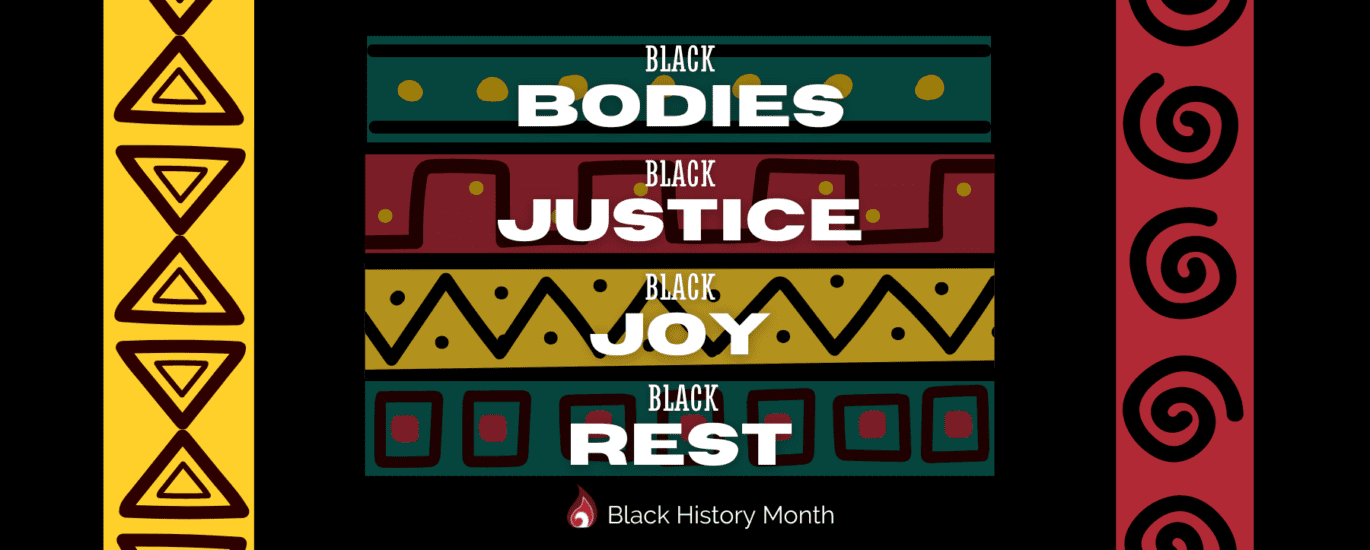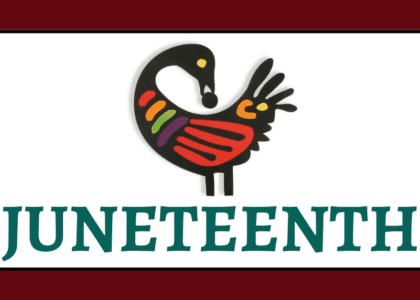Encountering Living Stones
By Darrell R. Hamilton, II
I was blessed to join a small group of pilgrims as we spent the first few weeks of 2023 in the Holy Land. This was my first trip to Palestine, and like the innumerable amounts of pilgrims who have made this journey throughout the millennia, I was fortunate to encounter all, if not most, of the most significant historical sites in the world with the hopes of encountering God in new ways.
I prayed at the Western Wall in Jerusalem and within the walls of the Church of the Nativity in Bethlehem. I washed my hands in the Jordan River that baptized Jesus as well as laid them on the tomb of his resurrection. I wept in the Garden of Gethsemane and on the Mount of Olives while looking out toward Jerusalem. I felt the warmth of the sun resting on my face atop Al-Haram Al-Sharif (the Temple Mount) and while sailing across the Sea of Galilee from Tiberius to Capernaum.
Yet, it was not in the ruins of ancient sites where I encountered God. Rather, I encountered God in and among “the living stones” who work, marry, raise children, build homes, own businesses, and for centuries have made the land both holy and a home.
The living stones who fight every day against erasure by the Israeli government and Western media. The living stones who are steadfast even as they are harassed, persecuted, and jailed in an “open-air prison” made of 708 kilometers of concrete, razor wire, electronic monitoring systems, and patrol officers wielding automatic weapons.
These are the living stones whom Jesus said would cry out if those who claim to follow Him would choose silence over shouts for justice! And as a Black man from America, visiting for the first time these centuries old stones, I could hear their cries harmonizing with the cries of my own people as we each continue to strive against the tide of extremist, militant governments.
While returning to the United States, news broke about Florida Governor Ron DeSantis blocking the creation of a new high school Advanced Placement course on African American history. This comes on the heels of a national effort by certain state governments to dismantle public education through book bans and “anti-woke” legislation.
Ibram Kendi, author of the bestselling book, How to be an Antiracist, in a post on his Instagram page, laid the determination of the DeSantis administration at the feet of white supremacy and a resurging culture of hate and hypocrisy. He asks, “How can you understand American history if you don’t understand the histories of all the people who have been here?” Likewise, Rachel Lindsay, guest host on daytime television show “The View,” summed up the situation perfectly, describing it as “cultural erasure” pulled right from the playbook of antebellum slavery.
Cultural erasure is an apt description. Erasure is when Black and Palestinian bodies continue to be murdered by militant and militarized police. Erasure is a means of ethnic cleansing by disposing of our history, demolishing our contributions, displacing our resources, and dismembering us from the land (look no further than the experience of indigenous communities in North America, South Africa, Hawaii, and Australia).
Erasure is the extermination of bodies, and at its best, results in living stones being turned into relics; and at its worst, grinds living stones into dust. Yet, in Toni Morrison’s Beloved, it was her character Baby Suggs Holy, that aptured best what we ought to do when our bodies are faced with erasure and extermination, saying, “Here,” she said, “in this here place, we flesh; flesh that weeps, laughs; flesh that dances on bare feet in the grass. Love it. Love it hard. Yonder they do not love your flesh. They despise it. They don’t love your eyes; they’d just as soon pick em out. No more do they love the skin on your back. Yonder they flay it. And O my people they do not love your hands. Those they only use, tie, bind, chop off and leave empty. Love your hands! Love them. Raise them up and kiss them. Touch others with them, pat them together, stroke them on your face ’cause they don’t love that either. You got to love it, you! . . . This is flesh I’m talking about here. Flesh that needs to be loved.”
Loving our bodies is how we fight against our erasure. When principalities and powers are set on killing us, we are to love our flesh, love it hard, as an act of defiant resistance against the self-hatred of our adversaries. We love our flesh by continuing to teach our history regardless of the efforts of racist and ridiculous government policies. We resist erasure by raising our children to take pride in who they are, so that they never forget where they are from and never lose hope in where they are going.
Loving our bodies does not mean we must deny the pains our bodies endure. Rather, loving our body is to testify of the realities we are enduring by emphasizing the reality of our continued existence and survival. And this is the message I hear rising from the living stones in Palestine. The living stones in South Africa. The living stones of the Kanaka people in Hawai’i. The living stones of Black people in America and all peoples who, in the words of Rev. Dr. Kelly Brown Douglas, have been “marked black by oppression.”
What I hear the living stones saying is to tell the story of the people in these lands. Tell the story of their families. Tell the story of their hospitality. Tell the story of their hopes. Tell the story of their dreams. Tell the story of their beauty. Tell the story of their resilience. Tell the story of their survival. Tell the story of their history. Tell the story of their love. Tell the story of who and what we have encountered.
We must tell the story so that the world can hear the story. Because when the story is heard, we can no longer perceive living stones as meaningless relics needing to be cast down, broken, and buried. But these stones are the means to create new holy sites that will stand forever and gather people for generations to marvel and pray together in shared faith and humanity.
For the descendants of Abraham, this is our inheritance and the testimony of his faith. For it was written of Abraham in the letter to the Hebrews, “For he was looking forward to the city with foundations, whose architect and builder is God.”
Likewise, as Christians, we live more fully into our faith as disciples of Jesus Christ. For we become more like Christ when we empty ourselves to become the very building blocks used by God in the creation of this new possibility. As it was written in the Psalms and Gospel of Mark, “The stone that the builders rejected has become the cornerstone; this was the Lord’s doing, and it is marvelous in our eyes?’”
You cannot help but be changed when you encounter the living stones. They are beautiful and marvelous, indeed, and worthy of continuous celebration.

Darrell R. Hamilton, II is an ordained Baptist minister residing in Boston, Massachusetts, and is impassioned by the way politics and faith merge together in the Christian theological traditions of justice and liberation. Currently, Darrell serves as the Administrative Pastor at First Baptist Jamaica Plain, Mass., and part-time Protestant Chaplain at Babson College in Wellesley, Mass. Darrell is a graduate of Wake Forest School of Divinity where he attained his Masters of Divinity degree May 2017. Darrell previously served as an Executive Minister at Middle Collegiate Church in New York City.




Recent Comments